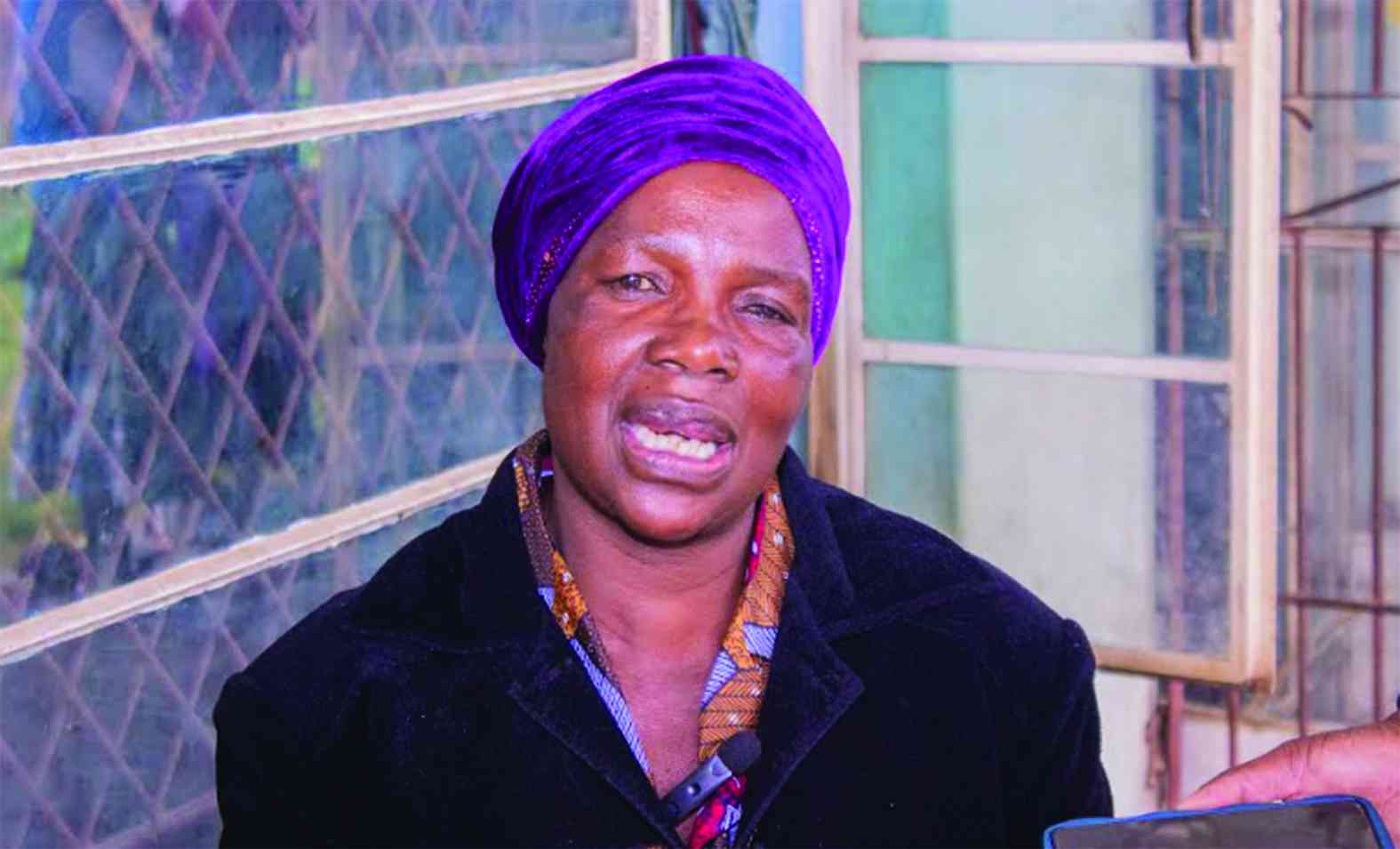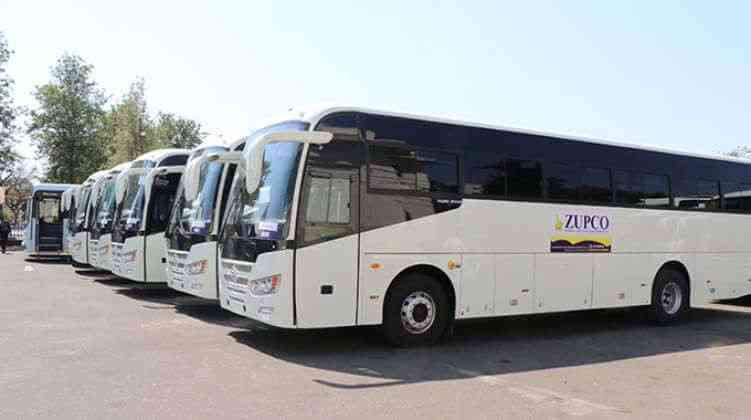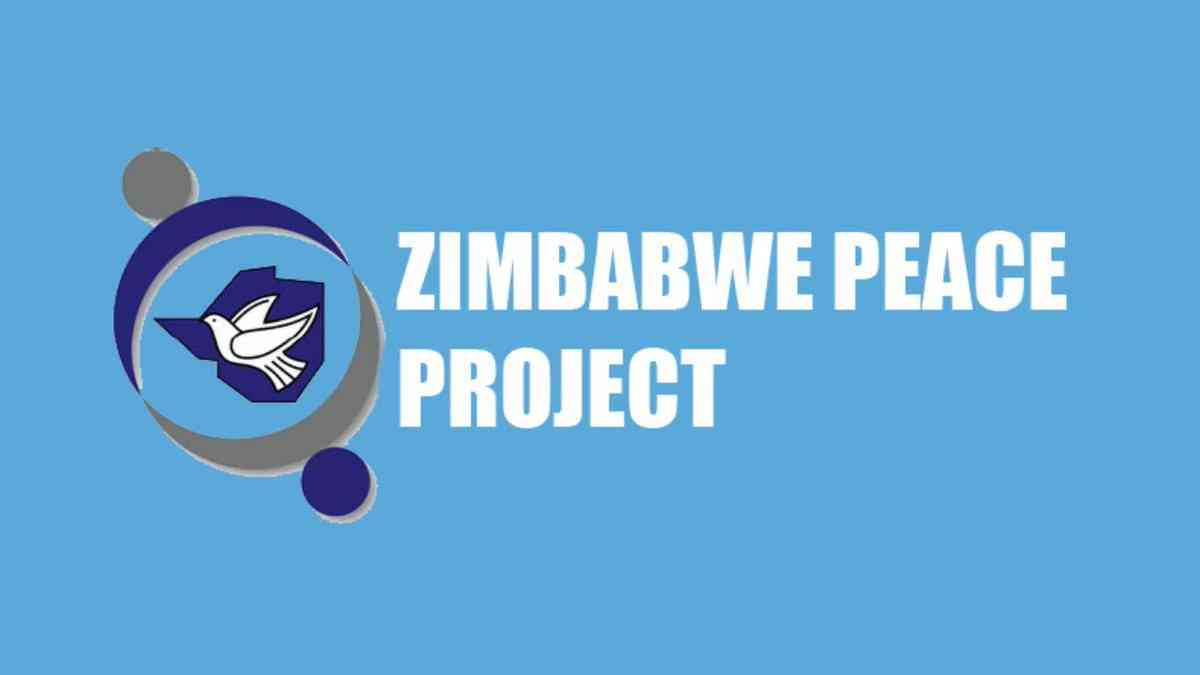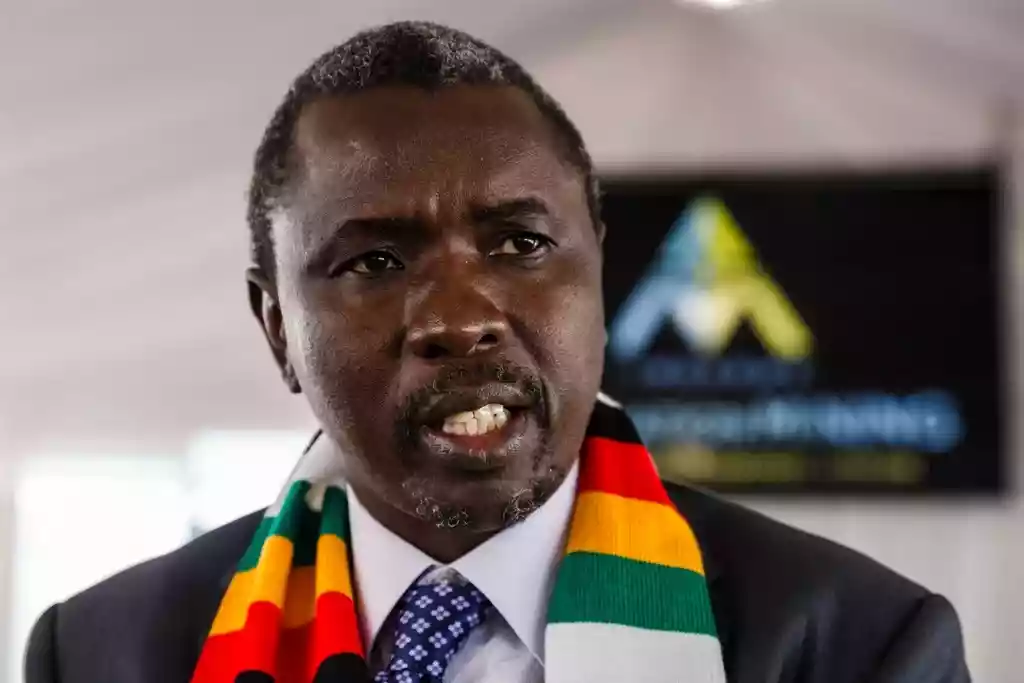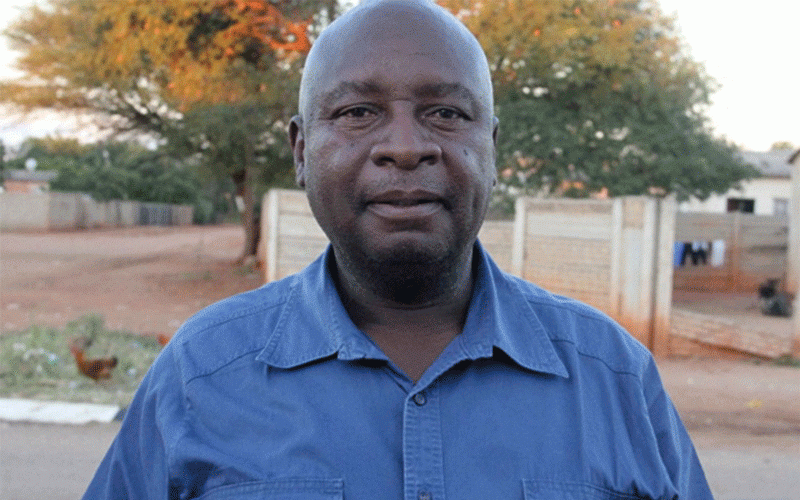
ZIMBABWE expects a power supply deficit of up to 2 800 megawatts (MW) from the current 500MW by the end of 2025 due to rising demand from mining and smelting companies, Energy minster Edgar Moyo has said.
Addressing investors yesterday at a plenary theatre in Barcelona, Spain, Moyo also said only 23,4% of rural households were connected to the national electricity grid.
Moyo said Zimbabwe was looking for investors in energy generation, transmission and distribution infrastructure, and capacity building programmes.
“Various solar mini-grid programmes are being implemented, especially for public institutions like schools and clinics with gardening, welding and other projects as productive use schemes for the systems.
“This is all thanks to our developmental partners and the private sector. In spite of all these efforts, rural areas of Zimbabwe remain in energy poverty and the national electricity demand, which currently has a deficit in supply of up to 500MW, is set to increase by another 2 300MW from mining and smelting companies by the end of 2025,” he said.
Moyo said Zimbabwe was a good candidate for investment in the energy sector.
“(There is a) Government Project Support Agreement (GPSA), which addresses political and currency risks that are perceived to be associated with our country.
“The GPSA was arrived at with the assistance of the Africa Legal Support Facility (ALSF) of the African Development Bank and it is now being piloted with three companies that are supported by international developers and funders.
- Mavhunga puts DeMbare into Chibuku quarterfinals
- Bulls to charge into Zimbabwe gold stocks
- Ndiraya concerned as goals dry up
- Letters: How solar power is transforming African farms
Keep Reading
“We launched a new currency in Zimbabwe about three months ago and we now bear witness that our currency has stabilised. Our power purchase agreements remain US dollar-denominated, and I can proudly say, with a cost-reflective tariff.”
He said duty-free importation of all capital equipment, tax breaks and prescribed asset status for investors with local content all made Zimbabwe attractive for investment.



